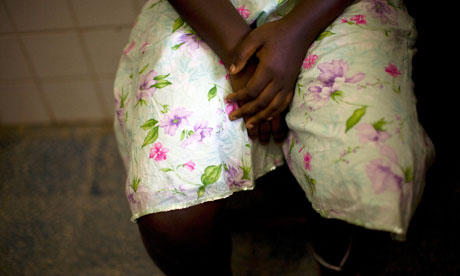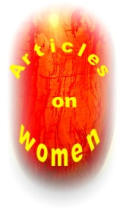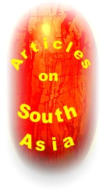Domestic violence is biggest threat to
West Africa's women, IRC says






‘Knowledge is power’





WEB PAGES
OUR OFFERING
UPLOADED ITEMS
OUR EMAIL
kri200@womenspowerbook.org
QUESTION
Raise the vol to listen to the
lady airing awe @ the SINGLE author encyclopedia
World’s
encyclopedic
knowledge
compacted
in
your
hand
Husbands, not strangers or men with guns, are now the biggest threat to women in post-
conflict
west Africa, according to a report by the International Rescue Committee (IRC) released on
Tuesday.
The IRC report, Let Me Not Die Before My Time: Domestic Violence in West Africa, based
on data
collected over 10 years by the IRC in Sierra Leone, Liberia and Ivory Coast, said domestic
violence
is the "most urgent, pervasive and significant protection issue for women in west Africa".It
calls on the international
community to
recognise domestic violence as a
humanitarian issue and to
increase
funding significantly to address the
problem, saying: "If the
humanitarian community ignores
what has been considered a
'private matter', it will fail to
confront one of the most
significant public health crises and
primary obstacles to women's
empowerment in postwar
societies."
Sierra Leone passed a domestic violence act in 2007, establishing basic rights for
women in the home and entitlements forsurvivors such as free medical care. Domestic
violence is now punishable by a fine of up to 5m leones (£720) and up to two years in
prison. But by the end of 2010, only one person had been prosecuted.
Amnesty International's report on Sierra Leone last year said: "Women's lack of access
to the police, exorbitant fees charged by medical officers and pressure to make out-of-
court settlements all contributed to impunity and state inaction."
In Ivory Coast and Liberia, no such laws exist. In Liberia, Africa's first female president,
Ellen Johnson Sirleaf, amended the penal code to make rape illegal – previously only
gang rape was a crime. In 2008, the government established a special court to try cases
of sexual violence. But since it opened in 2009, only 18 cases of rape, resulting in 10
convictions, have been tried there.
In a small church on the outskirts of Monrovia, Liberia, an elderly lady from a women's
group jumped to her feet. With a smile on her face, she cried out: "Women, O women!" –
the start of the chant Liberian women use to unite each other. "Don't just sit down. Do
something positive," the group replied with force.
They began to talk about domestic violence. "We born seven living children but right now
me and my children are looking ugly [living in poverty]," said Ma Annie, who is in her 50s.
"He's now running behind a new girlfriend. But when we talk [about it] he can beat me.
NEXT

You might also like:
Mumbai And Delhi Terrorist Attacks: Will India Shining Vanish
And Indians Share Pakistani Life?
Anger As Iran Bans Women From Universities
Non-Muslims live “in terror“ in Pakistan, world churches say
?



Empowering Book Newsletter






WOMEN’S POWER: ITS PAST, ITS PRESENT, ITS FUTURE: FEMOCRACY


















